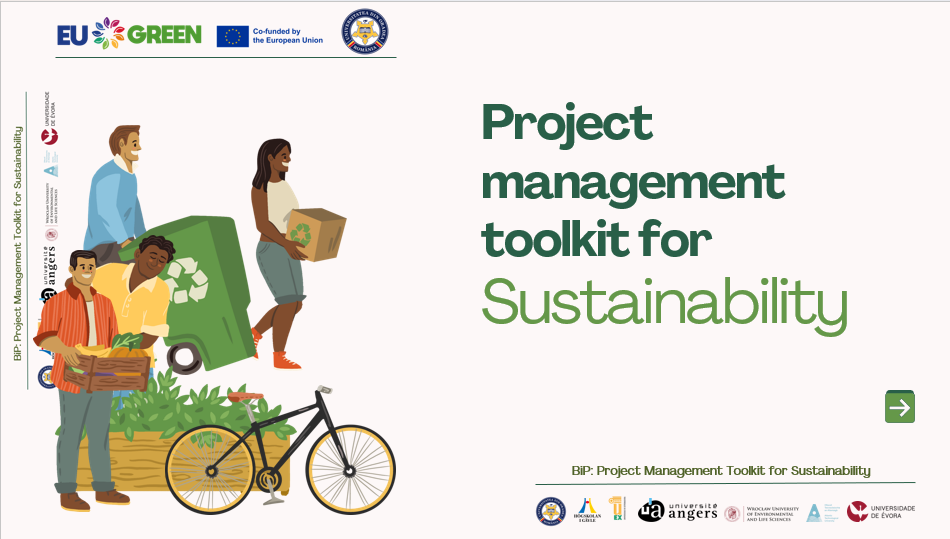|
The English for Specific Purposes and Employability: Access, Diversity, and Inclusion program is designed for undergraduate and master’s students, in collaboration with partner universities across Europe. This program equips students with targeted English language skills tailored to diverse professional fields, with a focus on supporting access to the job market, cultural diversity in the workplace, and fostering sustainability, inclusivity, and flexibility in professional settings. Program Focus and Objectives Throughout the program, students will engage with English for specific purposes—learning specialized vocabulary and communication strategies for industries such as business, technology, healthcare, and law. Recognizing that English functions as a versatile tool across a wide range of fields, the course covers essential elements unique to each sector, helping students navigate the complex and nuanced language demands of different industries. The program addresses cultural diversity in the workplace, preparing students to communicate effectively in multilingual, multicultural environments. It includes in-depth exploration of topics like:
Aligned with the goals of the Eu-Green Alliance, the program encourages students to embrace sustainability and responsible communication practices, as well as the importance of diversity and inclusion as central elements for success in today’s job market. The knowledge gained will empower students to build sustainable professional relationships, lead with empathy, and adapt to the unique challenges and opportunities presented by multicultural work environments. |
 |
- Tanár: Abrudan Cristina-Laura
- Tanár: AUTRET Erwan
- Tanár: García Berzosa María José
- Tanár: Guerra Luís
- Tanár: Hatos Roxana-Elisabeta
- Tanár: Horea Ioana-Claudia
- Tanár: Mirabela Pop
- Tanár: O'SULLIVAN Kayleigh
- Tanár: Sim Monica-Ariana

Project management toolkit for sustainability is a highly interdisciplinary program focused mainly to bachelor students in all fields of study interested in project management as a tool to address sustainability challenges in their regions. This BiP aims to equip students with the necessary skills and knowledge to effectively develop projects that address sustainability challenges in the EU Green Alliance regions. In order to achieve this aim, by the end of this course, students will be able to:
• Formulate innovative and interdisciplinary solutions to existent regional sustainability challenges
• Effectively plan, execute, and manage projects across various domains, understanding the fundamental principles and methodologies of project management, including project lifecycle, scope, time, cost, quality, risk, and decision making.
• Develop a well balanced project outline (objectives, activities, diagram, budget, resources etc )
• Critically analyze and apply the principles of sustainable development within various contexts. They will gain a comprehensive understanding of the 17 Sustainable Development Goals (SDGs) and their interconnections, and will be equipped to propose and evaluate strategies for achieving these goals at local, national, and global levels.
- Tanár: Abrudan Maria-Madela
- Tanár: Cerio Eva
- Tanár: Coelho Luis
- Tanár: Denos Guillaume
- Tanár: Dionísio Andreia
- Tanár: García García María
- Tanár: García Sanz-Calcedo Justo
- Tanár: Martín Vegas Felipe
- Tanár: Matei Mirabela-Constanta
- Tanár: Oliveira Hernâni Zão
- Tanár: Pires Cesaltina
- Tanár: Sánchez-Barroso Moreno Gonzalo
- Tanár: Saveanu Tomina-Gabriela
- Tanár: Scahill John
- Tanár: Tiurbe Cristian-Marius
